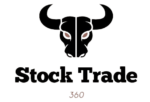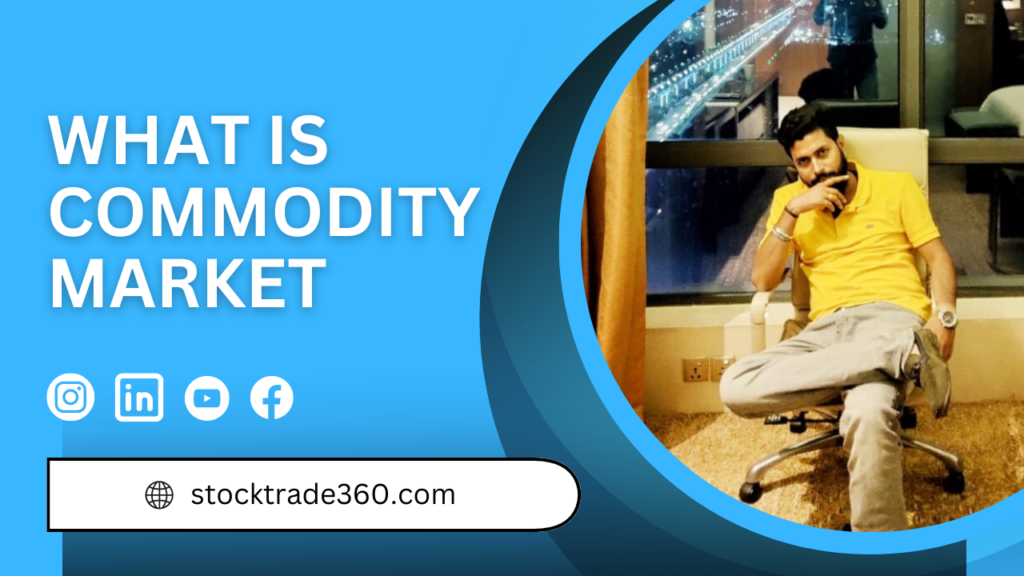Introduction
In the realm of finance and investment, the term “commodity market” holds significant importance. This market serves as a crucial platform for trading various raw materials and primary agricultural products. But what exactly is a commodity market, and how does it function? In this comprehensive guide, we’ll delve into the intricacies of the commodity market, exploring its types, participants, trading mechanisms, and its significance in the global economy.
Table of Contents:
- What is a Commodity?
- Types of Commodity Markets
- Participants in the Commodity Market
- How Does the Commodity Market Work?
- Significance in the Global Economy
- Conclusion
1. What is a Commodity?
A commodity is a basic, interchangeable raw material that is used in the production of goods or services. It can be classified into two categories: hard commodities and soft commodities. Hard commodities include tangible resources like metals (gold, silver, copper), energy resources (crude oil, natural gas), and agricultural products (wheat, corn, soybeans). Soft commodities encompass items like coffee, sugar, cocoa, and other agricultural produce.
2. Types of Commodity Markets
Commodity markets are broadly categorized into two types: spot markets and futures markets.
- Spot Markets: In the spot market, commodities are traded for immediate delivery at the current market price. This type of trading is ideal for those looking to buy or sell commodities quickly without the obligation of holding the asset for an extended period.
- Futures Markets: Futures contracts allow traders to buy or sell commodities at a predetermined price on a future date. This type of trading provides an opportunity for investors to speculate on price movements without physically owning the commodity.
3. Participants in the Commodity Market
The commodity market involves a diverse range of participants, including:
- Producers: Individuals or companies that extract or cultivate commodities.
- Consumers: Industries that require commodities as raw materials for their production processes.
- Speculators: Traders who aim to profit from price fluctuations without any intention of using the actual commodity.
- Hedgers: Participants who use the commodity market to offset potential price risks in their business operations.
4. How Does the Commodity Market Work?
Commodity trading can take place through various avenues, such as commodity exchanges, online platforms, and over-the-counter (OTC) markets. On commodity exchanges, standardized contracts are traded, specifying the quantity, quality, and delivery terms of the commodity. These exchanges provide transparency and liquidity to the market, enabling efficient price discovery.
5. Significance in the Global Economy
The commodity market plays a pivotal role in the global economy for several reasons:
- Price Discovery: Commodity markets help determine the fair market value of various commodities, aiding producers and consumers in making informed decisions.
- Risk Management: Hedging strategies in this market allow businesses to mitigate potential losses due to price volatility.
- Supply and Demand Dynamics: Changes in commodity prices can reflect shifts in supply and demand, offering insights into broader economic trends.
- Global Trade: This market fuels international trade by providing a platform for countries to exchange their surplus goods.
6. Conclusion
In conclusion, the commodity market serves as a crucial pillar of the global economy, facilitating the exchange of essential raw materials and agricultural products. Its diverse participants, trading mechanisms, and role in price discovery make it a dynamic arena for investors, speculators, and businesses alike. Whether you’re a producer, consumer, or investor, understanding the workings of this market can empower you to make informed decisions in the ever-evolving world of finance and trade.
You can check out my other tutorials on Stock Market, given in the below:
Clearing Vs. Settlement in Stock Market
Difference between cash market and futures market
Payin and Payout in Stock Market
difference between traders and investors
Follow my Instagram page to get stock market tutorial daily

